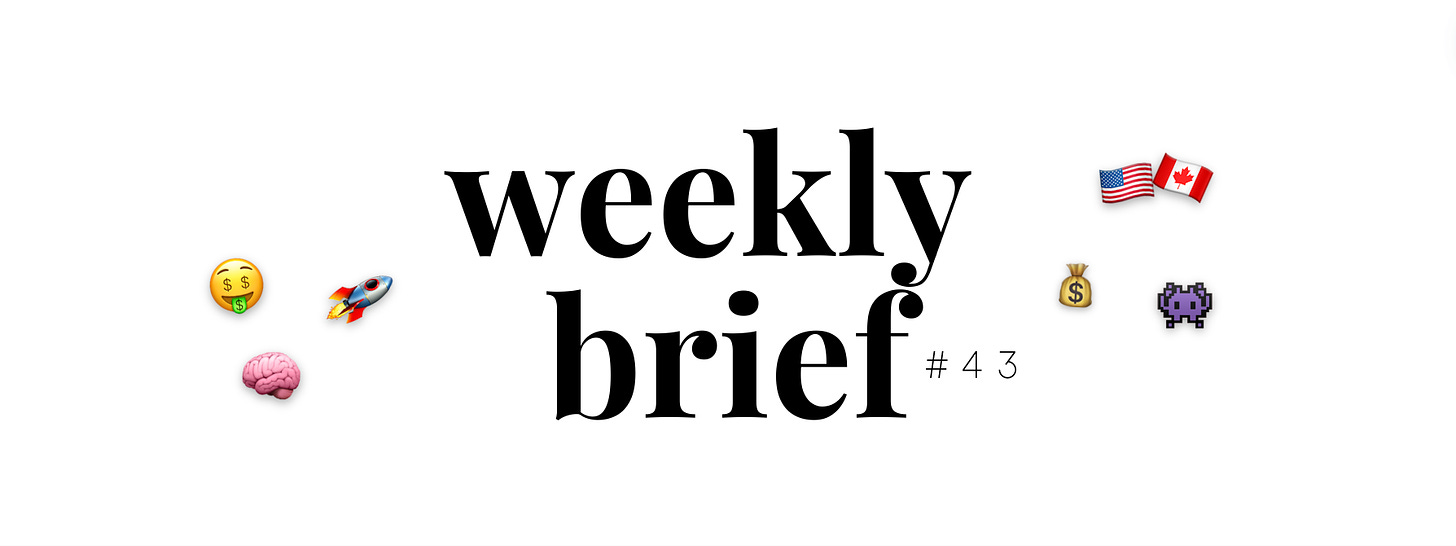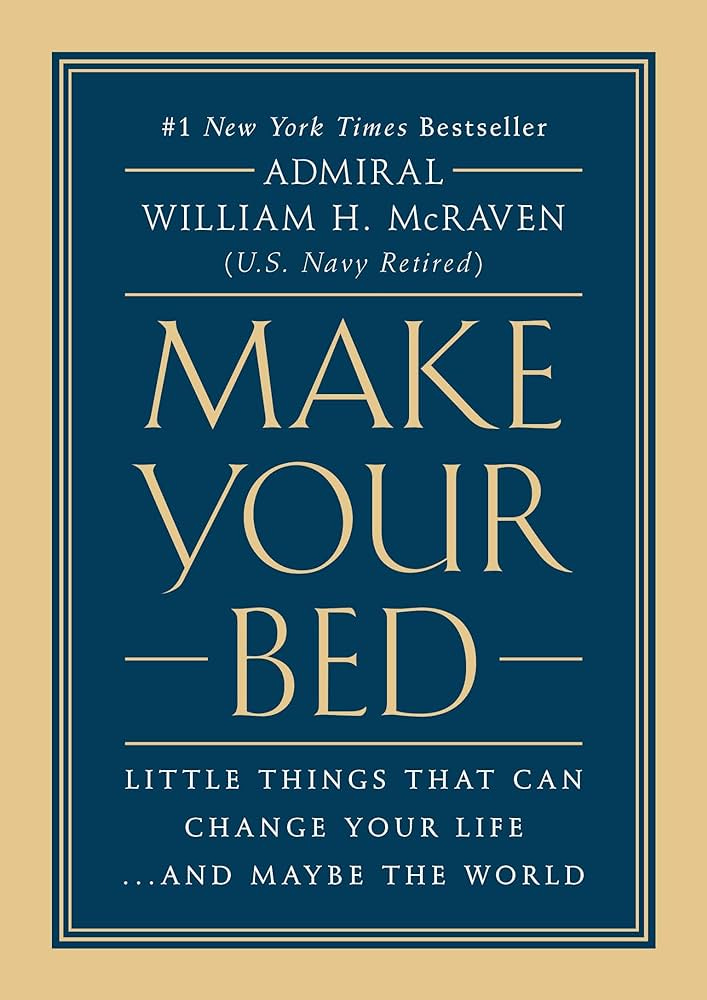Weekly Brief #43
Is Apple still an A-tier investment?... Canada cuts key interest rate, NDP pulls support for Liberals, 7-Eleven asks Couche-Tard to reconsider, BMW recalls Mini Cooper worldwide, Brazil bans Twitter.
Good morning investors 👋,
Happy Friday and welcome, or welcome back, to the 43rd Weekly Brief.
September starts with a 💥📉: September is historically the worst month in the stock market, and this week, history proved itself true again. As a new month in the markets began on Tuesday, stocks plummeted over 2%, with the market’s beloved Nvidia falling close to 10%, losing nearly $280 billion in market value, the largest single-day decline in market value for a U.S. company ever.
Let’s get into it.
In this issue:
📱 Apple stock: still a “buy?”
🚙 Worldwide recall of Mini Cooper
🇨🇦 NDP pulls support for Liberals
FEATURED STORY
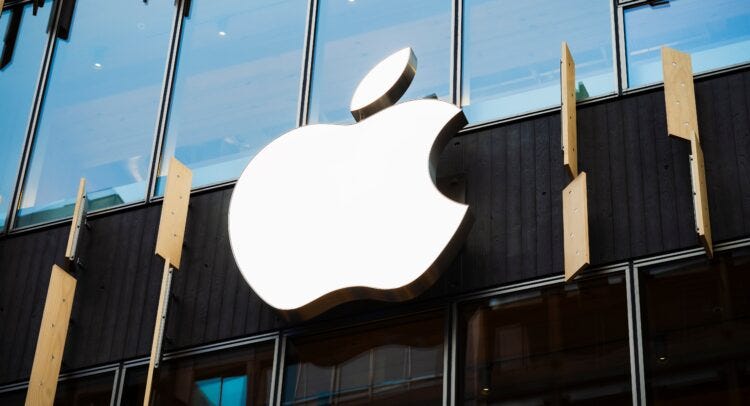
📱 Apple stock: still a “buy?”
Over the past decade, Apple has been a darling of the stock market. Its 10-year returns of over 804% are mouth-watering to the long-term investor. For perspective, those returns have nearly quadrupled the returns of the S&P 500. For every dollar a passive index fund investor made in the past 10 years, Apple investors made $4.
Apple is now a $3.4 trillion market-cap company as of the time of writing. If those same stock returns of the past were compounded over the next 10 years, Apple would become a nearly $31 trillion company — that’s a third of the entire value of the global stock market.
This begs the question though: ahead of the release of the iPhone 16 next Monday, is Apple still the stock market darling of the past that can provide amazing market-beating returns for investors, or has it become just a market-average value stock?
A revised investment story
Apple, as a company, has faced a lot of challenges in recent years, from massive EU penalties to being sued by the U.S. Department of Justice over monopoly concerns. But above all, stagnant revenue growth was the worst.
During the years following the release of the iPhone in 2007, Apple experienced amazing growth as the technology of the smartphone grew rapidly each year, along with adoption. Even looking back as recently as 2019, that period of growth had not slowed down. Now, in 2024, this growth has hit a breaking point as Apple has struggled in the past three years to provide enough reasons for customers to upgrade from their old iPhones.
When I say struggle, I mean a 3% drop in revenue year-over-year and stagnation in revenue over the past three years. That’s three years of no free cash flow growth as well. Zero growth for shareholders for three years straight, essentially.
This isn’t just limited to iPhones, but all of Apple’s products — products that have hit a plateau without much improvement to capture sales from existing customers via upgrades. Up until June of this year, the market had a very bearish view on Apple. While other big tech companies were releasing AI features, chatbots, large language models, and even AI chips, Apple was behind on innovation, and shares dropped as low as 10% year-to-date.
Why was the market bearish until June? Because that’s when Apple released their artificial intelligence plans to investors, and the world — Apple Intelligence. Apple Intelligence is Apple’s newest perfection: an AI platform and AI-powered Siri integrated seamlessly into every Apple device.
After Apple Intelligence was announced, investor sentiment surrounding Apple did a complete 180, and in the few months following, Apple’s stock surged over 30%.
But of course, with Apple, there’s always a catch. And the catch this time was that Apple Intelligence is only available on the iPhone 15 Pro and M1 series devices or later, a group of devices only 5% of Apple users control. This created a new investment story for Apple. With the release of the iPhone 16, the first phone to support these new AI features, Apple is finally providing a reason after all these years of revenue stagnation for existing customers to upgrade their phones.
Plus, even if some don’t upgrade, one of their friends or family members will, and as they see those friends creating their own emojis and interacting with the new Siri, it will create FOMO and a so-called need to upgrade. Just like that, a new Apple thesis was created, with a new pathway for growing revenue, profit, and free cash flow growth for Apple. This is what caused such a major shift in investor sentiment and the enormous 30% rise within just a few months.
However, is this rise justified, and will this short-term growth help bolster a thesis good enough for market-beating stock returns over the next decade?
I don’t believe so.
While I do believe this AI-powered iPhone plan will provide great sales growth for Apple in the short term, say 1 or 2 years at the very maximum, not only is that not a good enough sustainable growth story for a decade-long market-beating return, but the growth that’s already expected is heavily priced into the stock already. Below are the financial multiples of Apple and its growth projections along with its historical counterparts:
Earnings multiple: Current, 33.85. Historical average: 19.57.
Free Cash Flow (FCF) multiple: Current, 33.08. Historical average: 18.05.
Projected earnings growth (next 5 years): 7.9%.
Projected FCF growth (next 5 years): 13.9%.
Right now, investors are heavily pricing in Apple’s future earnings and cash flow at close to double historical averages. It seems investors are expecting this AI growth story to fix all of Apple’s current problems, which is obviously not going to play out like that. (I also believe this rising valuation filled with speculation is one of the reasons Warren Buffett sold a whopping 50% of his Apple position.)
Overall, while Apple may not be in store for mouth-watering returns like in the past, I believe that with all its current problems, Apple is still the amazing deep-moat technology company with great management, high brand power, and an amazing track record of producing tremendous shareholder value. Apple is a great company, and while I won’t be buying more anytime soon at these prices, I will be holding my position.
More on Apple (and the source of some of the text in this section):
FINANCE
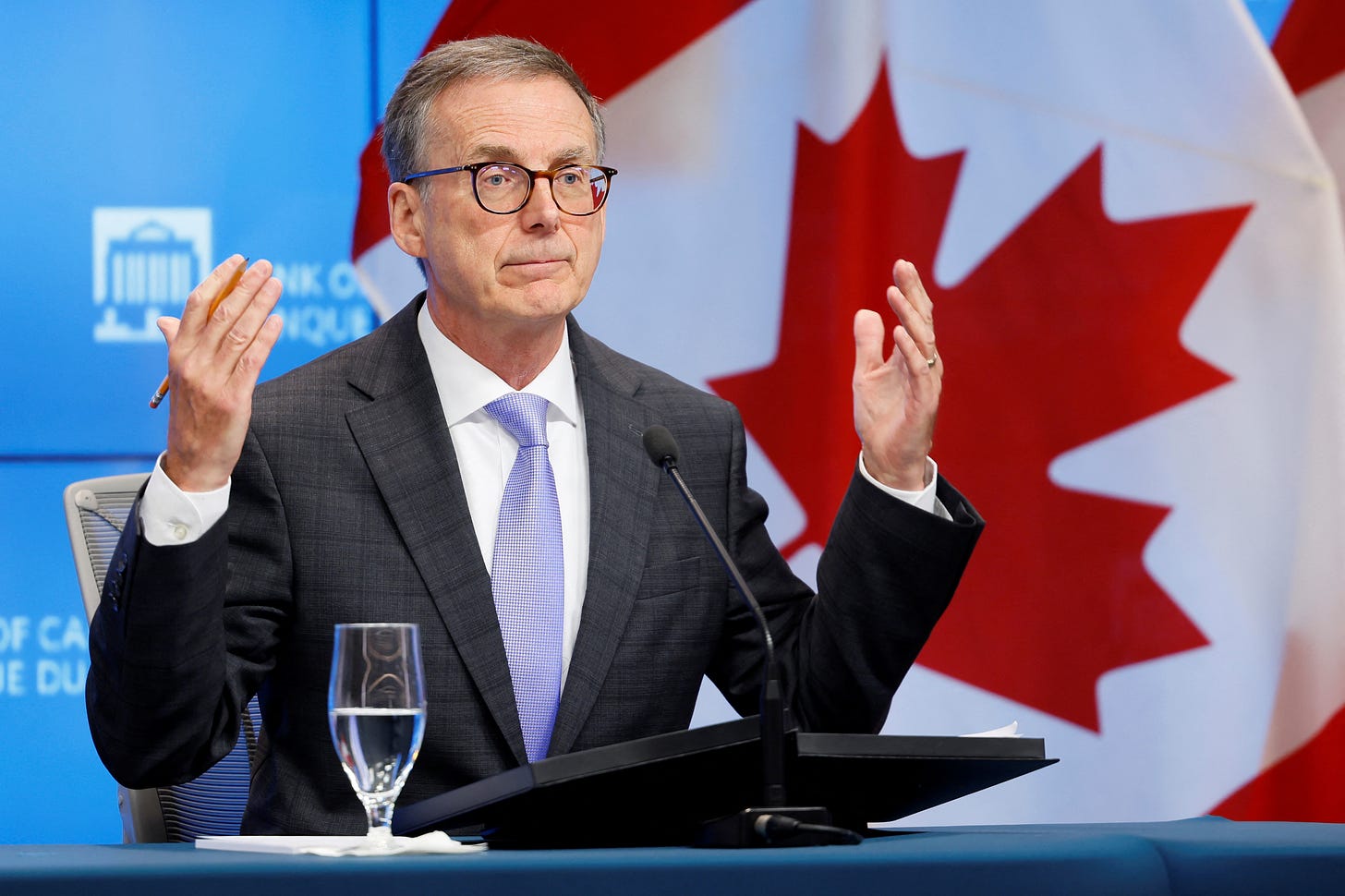
✂️ Canada cuts key interest rate
The Bank of Canada lowered its key interest rate by 25 basis points yet again this Wednesday, marking the third consecutive cut since June, leaving the current interest rate now at 4.25%. Canadians with variable-rate mortgages will feel the effects immediately.
“If we need to take a bigger step, we’re prepared to take a bigger step. At this point, 25 basis points looked appropriate.” — BoC Governor Tiff Macklem.
Economists believe more significant cuts will be necessary over the coming months (and throughout next year) to boost the economy, as unemployment rises across the country and the growth of the Canadian economy remains or grows more sluggish. Otherwise… a recession, basically.
🍷 Constellation takes $2.5 billion charge
Constellation Brands, the parent company of beer brands like Corona and Modelo, plans to take a $1.5 billion to $2.5 billion write-down charge on its wine and spirits business in Q2 FY2025 due to weak U.S. demand.
The company also lowered its full-year revenue and earnings per share forecasts to 4-6% (down from 6-7%) and $3.05-$7.92. This marks yet another addition to the list of companies facing struggling consumer demand and a more price-conscious consumer. Which helps further support the argument that we are slowly approaching another U.S. recession.
BUSINESS
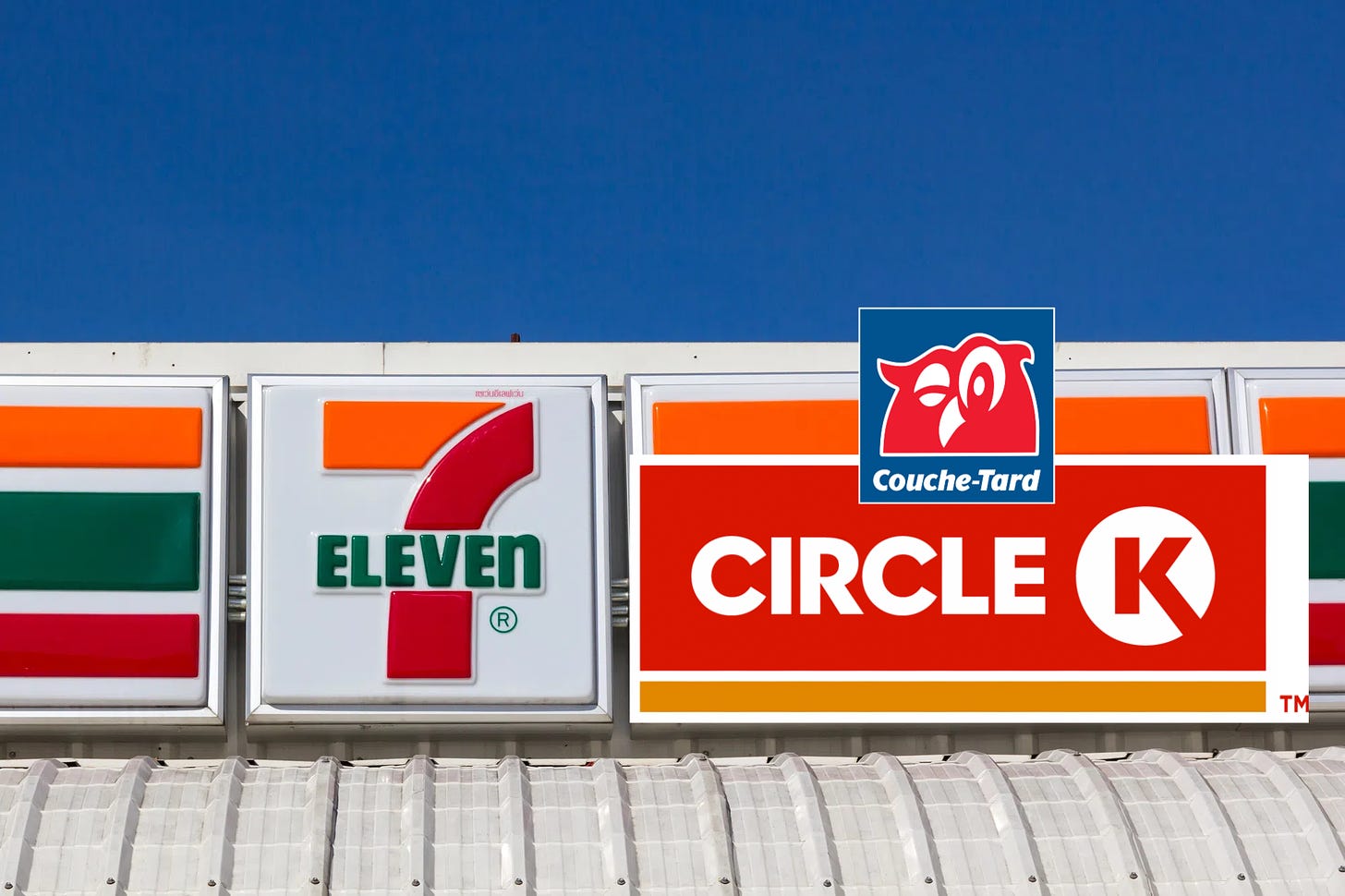
🏪 7-Eleven asks Couche-Tard to reconsider
After a couple weeks of due diligence, Seven & i, the parent company of 7-Eleven, plans to tell Alimentation Couche-Tard, the parent company of Circle K and Mac’s, that its buyout offer is “inadequate.” Seven & i’s board plans to send a letter to Couche-Tard soon.
Talks will continue between the companies, but according to sources, both sides are concerned about U.S. competition laws. Couche-Tard’s original buyout offer was for 6 trillion yen ($41.81 billion), a nearly 30% premium on the current share price at the time. A price which is supposedly inadequate? That’s called greed, my friends, not due diligence.
🚙 BMW recalls Mini Cooper worldwide
BMW is recalling 140,000 Mini Cooper electric vehicles worldwide (12,535 of those in the United States), due to a battery issue that could cause overheating and light on fire, even when the car is parked. BMW dealers will fix the problem with a free software update. Owners should be notified by October 7.
No injuries or accidents have been reported.
The J. Nicholas Vroomsday Counter is now at 7.384 million.
What is the vroomsday counter? Vroomsday is doomsday but for car recalls. The vroomsday counter is the total of all cars mentioned in recalls since the inception of the J. Nicholas newsletter.
POLITICS
This isn’t a political newsletter. For all political stories, lanaguage is written politcally unbiased. Any supposed political bias expressed, should be assumed as humour.
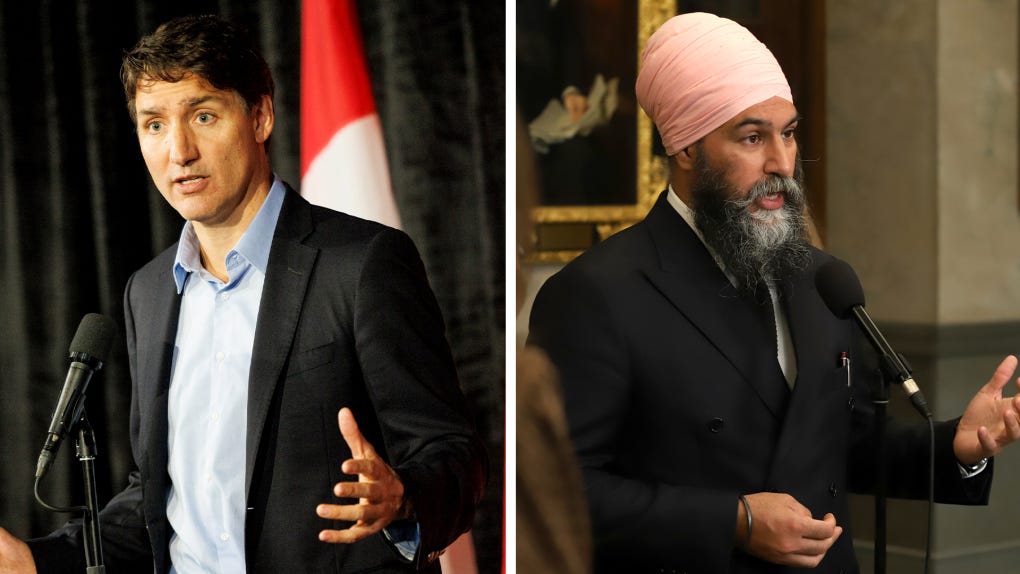
🇨🇦 NDP pulls support for Liberals
Canada’s New Democratic Party (NDP) has officially ended its nearly three-year “supply and confidence” agreement with Justin Trudeau’s Liberals, which had supported his minority government. The agreement’s been in place since March 2022, and ensured Trudeau received NDP support in confidence votes in exchange for progress on NDP policies like dental benefits and national pharmacare.
What this means: Contrary to what most people think, the termination of this agreement does not just automatically mean there’s an election. However, it does increase the likelihood of one if a no-confidence vote were to be called, as the NDP’s 24 seats are no longer binded to support the Liberals.
🇧🇷 Brazil bans Twitter
Brazil’s Supreme Court has unanimously upheld a ban on Twitter (I’m never calling it X) due to Elon Musk’s refusal to name a local representative and block disinformation accounts.
Musk, of course, criticized the ruling and plans to defy the ban somehow, while simultaneously accusing the Brazilian government of suppressing free speech. This standoff between Elon Musk and the Brazilian court is expected to escalate, which could potentially impact Starlink operations in the Amazon, where the service has expanded rapidly.
📚 Book of the Week
Note: I don’t recommend books that I haven’t read or that I would never read. The books I recommend are books I have already read or that I will eventually read.
Make Your Bed — William H. McRaven
Book Description:
If you want to change the world, start off by making your bed.
Looks like I’m not changing the world anytime soon. — Jacob
On May 17, 2014, Admiral William H. McRaven addressed the graduating class of the University of Texas at Austin on their Commencement day. Taking inspiration from the university’s slogan, “What starts here changes the world,” he shared the ten principles he learned during Navy Seal training that helped him overcome challenges not only in his training and long Naval career, but also throughout his life; and he explained how anyone can use these basic lessons to change themselves-and the world-for the better.
Admiral McRaven’s original speech went viral with over 10 million views. Building on the core tenets laid out in his speech, McRaven now recounts tales from his own life and from those of people he encountered during his military service who dealt with hardship and made tough decisions with determination, compassion, honor, and courage. Told with great humility and optimism, this timeless book provides simple wisdom, practical advice, and words of encouragement that will inspire readers to achieve more, even in life’s darkest moments.
✩ This newsletter, along with my weekly Morningstar fair value estimates and PDFs, will always be free of charge. Your support, whether through a donation or by reading this newsletter and following along, is greatly appreciated.
Thank you for reading today’s Weekly Brief! If you enjoyed or learned anything, please spread the word.
— Jacob




